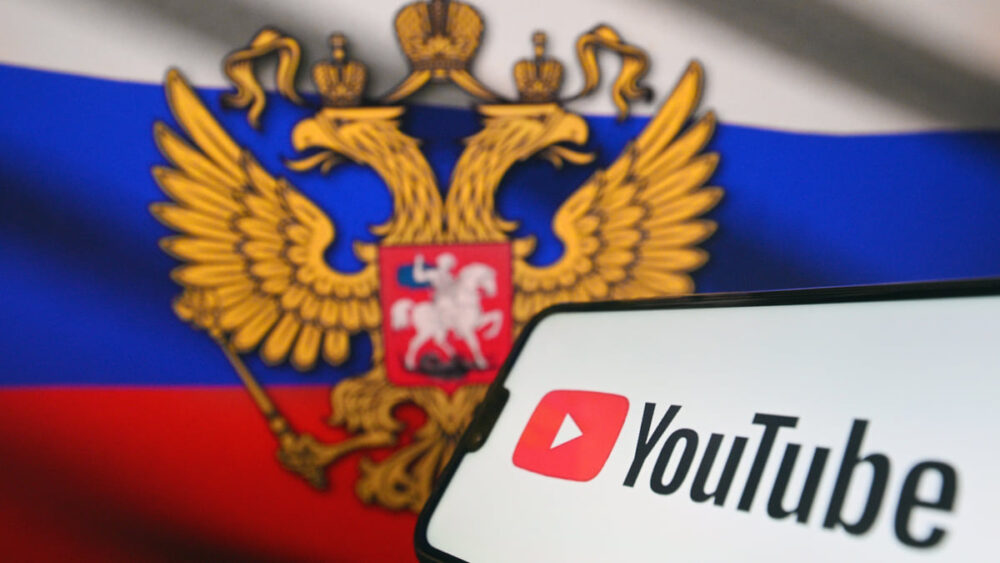Roskomnadzor Orders ISPs Not to Alter or Redirect Traffic to Speed Up YouTube
The Main Radio Frequency Center (GRChTs), a subsidiary of Roskomnadzor, has sent a letter to internet service providers (ISPs) urging them to stop using technologies that “distort, fragment, or substitute internet traffic” on their networks. This move comes after some ISPs reportedly implemented solutions that made YouTube more accessible to their subscribers.
According to Kommersant, three independent sources confirmed the authenticity of the letter that surfaced online. The document states that by ceasing to interfere with traffic, ISPs will not hinder the operation of technical means of countering threats (TSPU), which are used to restrict information banned in Russia.
ISPs have also been instructed to report back to the GRChTs on the measures they have taken by September 2, 2024.
Background: ISPs Attempted to Speed Up YouTube
Earlier this week, it was reported that Russian ISPs tried to independently speed up YouTube in Russia. According to media sources, dozens of such cases occurred across the country. Companies made these decisions due to the lack of an official announcement from regulators about the reasons for YouTube’s slowdown in Russia. Since the service is not on the list of banned sites and is not officially blocked in Russia, legal experts considered the ISPs’ actions lawful.
Journalists found at least two notifications from fixed-line internet providers in the Northwestern Federal District stating that YouTube was working on their networks without “additional tools” for users. One message mentioned that user traffic was being redirected from Russian Google servers to European ones.
Industry Response and Legal Uncertainty
Oleg Grishchenko, head of the Rosteleset Association (which unites over 200 regional ISPs), told Kommersant that ISPs do not influence the operation of TSPU, as the equipment is not physically under their control. He also noted that the GRChTs letter still does not clarify the legal basis for the changes in YouTube access speed.
A top manager at an unnamed ISP told the publication that companies would report to Roskomnadzor that the required measures have been taken, meaning “no one is speeding up YouTube.” However, he believes the mass mailing of letters to companies was premature: “For those who did not bypass the video service slowdown, responding to the request will be a formality, while those who did are unlikely to admit to such actions.”



